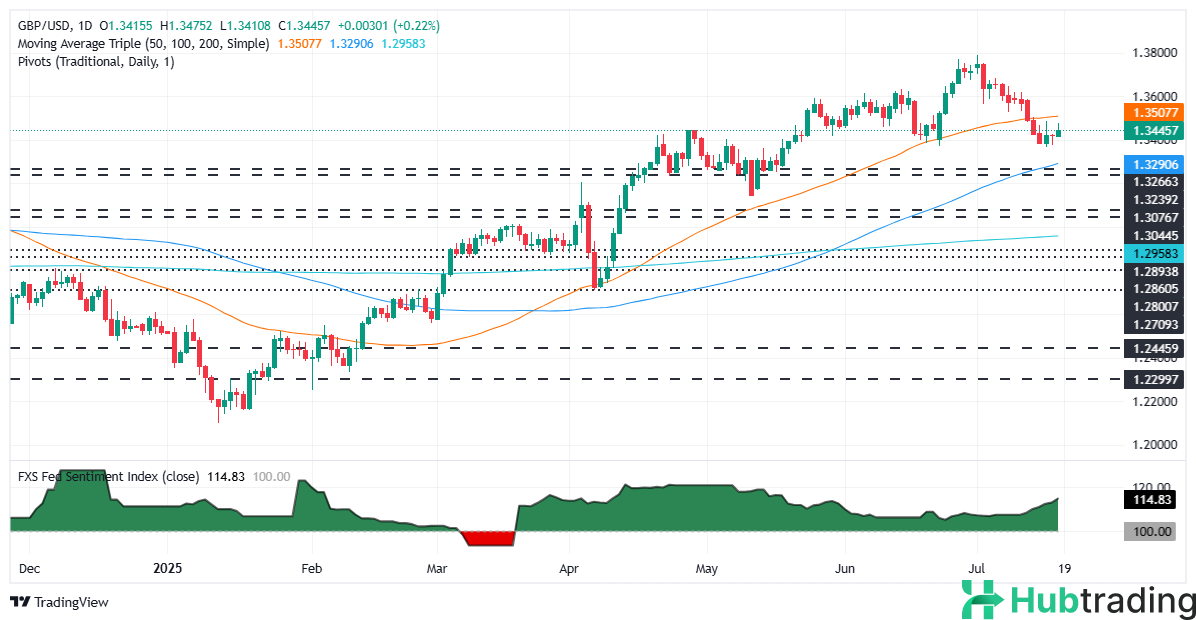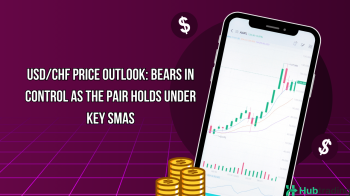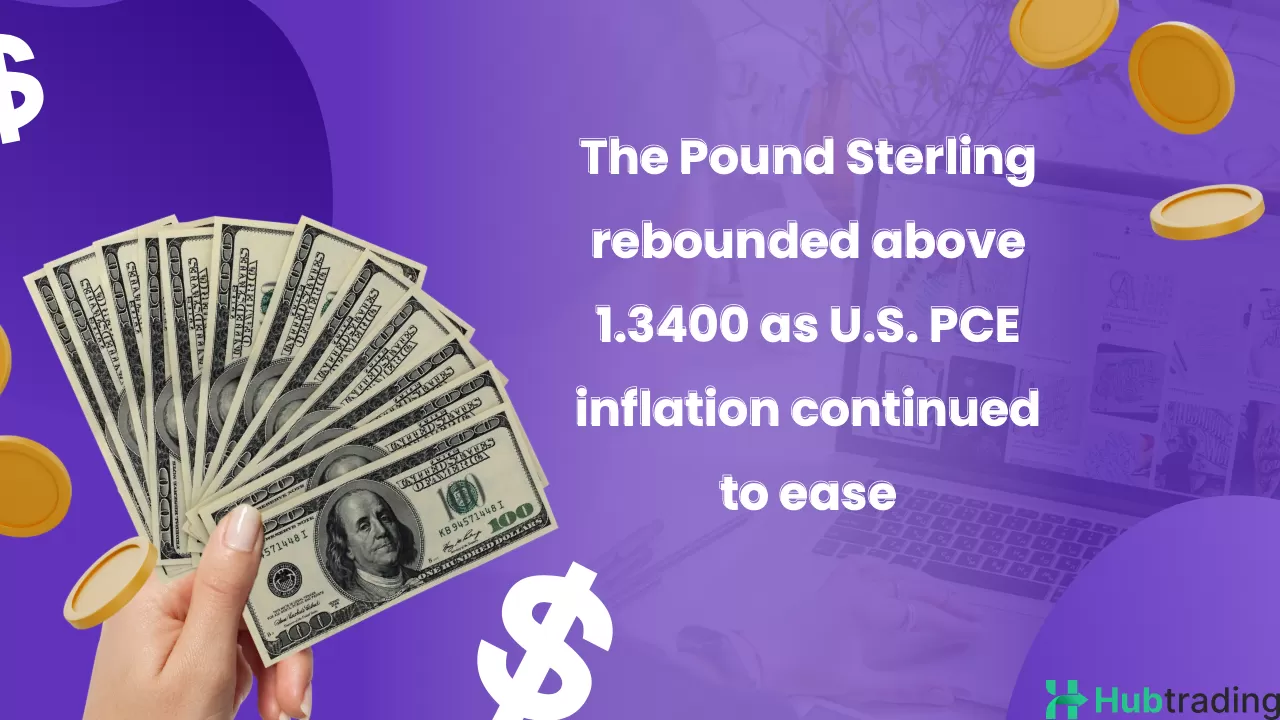-
Upward revision in UK payrolls eases pressure on the BoE despite persistent inflation.
-
Fed’s Waller supports a July rate cut, while Goolsbee remains wary of inflation from tariffs.
-
US consumer sentiment strengthens as long-term inflation expectations dip to 3.6%.
The preliminary University of Michigan Consumer Sentiment Index showed Americans turning slightly more optimistic, climbing to 61.8 in July from 60.7 in June. Inflation expectations were revised downward, with the 5-year outlook dropping to 3.6% from 4% and the 1-year projection easing to 4.4% from 5%, signaling a softer inflation trajectory.
Joan Hsu, Director of the Surveys of Consumers, commented: “Consumers are unlikely to regain confidence unless they believe inflation will stabilize, which would require more certainty on trade policy.”
On the policy front, Fed Governor Christopher Waller reiterated support for a rate cut in July, while emphasizing a data-dependent approach. Meanwhile, Chicago Fed President Austan Goolsbee expressed caution, citing CPI data that highlights tariff-driven inflation in goods.
Across the Atlantic, UK economic news was limited. However, the latest jobs report provided a mild boost, with May’s payroll figures revised upward from -109K to -25K. This alleviated some concerns about labor market weakness, offering the Bank of England (BoE) relief as inflation remains stubbornly above 3%.
Looking ahead, next week’s UK calendar features S&P Global Flash PMIs and Retail Sales, while in the US, focus shifts to housing data, Flash PMIs, and Durable Goods Orders.
GBP/USD Technical Outlook

GBP/USD trades sideways with a slightly bullish bias, hovering near 1.3442. A breakout above the 50-day Simple Moving Average (SMA) at 1.3506 could open the door for further gains toward the 20-day SMA at 1.3577 and the psychological 1.3600 level.
On the downside, a move below 1.3400 would expose immediate support at the June 23 low of 1.3369, followed by the 100-day SMA at 1.3287.





